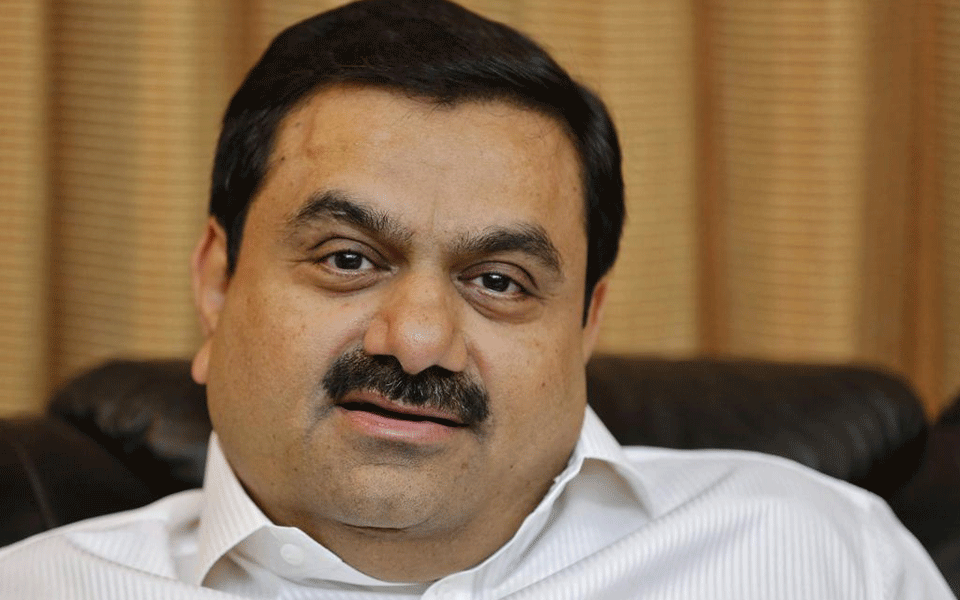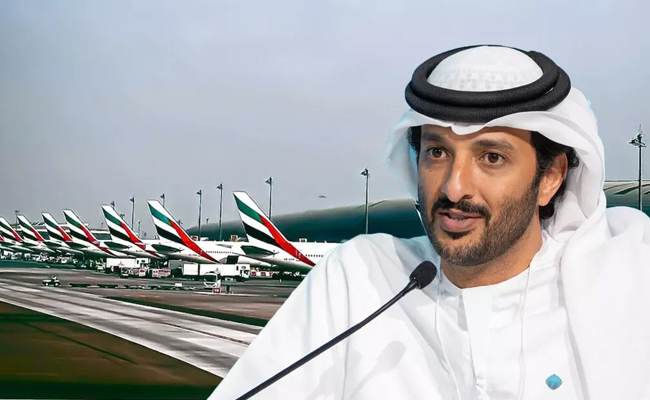Melbourne: Indian energy giant Adani has taken a step closer to the construction of its controversial coal mine in Australia after the federal government gave a green light to the billion dollar project's groundwater management plans.
Adani group entered Australia in 2010 with the purchase of the greenfield Carmichael coal mine in the Galilee Basin in central Queensland, and the Abbot Point port near Bowen in the north.
The massive coal mine in Queensland state has been a controversial topic, with the project expected to produce 2.3 billion tonnes of low-quality coal.
In addition to its impact on climate change, environmentalists have argued the mine could do serious damage to Great Barrier Reef World Heritage Area.
Another major concern about the environmental impacts of the proposed mine has been that it would wipe out the most important habitat of the threatened black-throated finch
Environmental minister Melissa Price on Tuesday announced that she had approved the groundwater management plans submitted by Adani mining giant after The Commonwealth Scientific and Industrial Research Organisation (CSIRO) and Geoscience Australia found they met scientific requirements.
''CSIRO and Geoscience Australia have independently assessed the groundwater management plans for the Carmichael Coal Mine and Rail Infrastructure project. Both CSIRO and Geoscience Australia have confirmed the revised plans meet strict scientific requirements,'' she said in a statement here.
''Following this independent assessment and the Department of the Environment and Energy's recommendation for approval, I have accepted the scientific advice and therefore approved the groundwater management plans for the Carmichael Coal Mine and Rail Infrastructure project under the Environment Protection and Biodiversity Conservation Act 1999,'' the minister said, adding that the decision does not comprise the final approval for this project.
The project now requires further approvals from the Queensland Government prior to construction commencing.
"To date, only 16 of 25 environmental plans have been finalised or approved by the Commonwealth and Queensland Governments with a further nine to be finalised,'' the minister stated.
She said that the project must meet further stringent conditions of approval from the Commonwealth before it can begin producing coal.
Price noted that the project was subject to the most rigorous approval process of any mining project in Australia.
''Approvals for the project by the Commonwealth in 2015 and the Queensland State Government in 2016 resulted in the setting of 180 strict conditions to protect the environment,' she said.
Price also confirmed that while it was a commercial project, the Australian Government was not providing any financial support to the mine or to its rail project.
According to reports, there was an intense pressure to clear the project as Australian Prime Minister Scott Morrison is expected to call an election this weekend for May 18.
The Australian Conservation Foundation said the government's assessment has been subject to political interference and has warned that any approval may face a court challenge if rushed through before the election.
Carmichael would be the largest coal mine in Australian and one of the biggest in the world.
The Coalition has been split over the project rural Queensland MPs have been strongly supportive, while urban Liberals have worried it could damage their electoral chances.
The Opposition has been walking a similar political tightrope as it seeks to capture seats in central Queensland while holding off inner-city Greens challengers.
Adani Mining chief executive officer Lucas Dow welcomed the Commonwealth's decision, saying underground water levels would be tracked using more than 100 monitoring bores.
"The measures outlined in the plans will ensure groundwater at the mine, and the ecosystems that depend on it, are protected," Dow said.
Adani said last year it would fully fund the coal mine and rail project itself, but did not give an updated estimate of the cost of the mine.
The mine previously estimated at about USD 2.9 billion.
Let the Truth be known. If you read VB and like VB, please be a VB Supporter and Help us deliver the Truth to one and all.
Udupi: Manju Kola, husband of former Udupi City Municipal Council Vice-President Lakshmi Manjunath and a Hindutva organisation leader, was stabbed during a meeting held to settle a dispute related to a love affair at Malpe on Tuesday night.
Police have arrested five accused in connection with the case.
According to information available, Manju Kola had reportedly called for a compromise meeting near Malpe beach in the Palimaru area on Tuesday evening to resolve an issue involving a couple. During the discussion, a heated argument broke out and a youth allegedly stabbed Manju Kola.
He sustained injuries to his abdomen and collapsed. He was immediately shifted to a private hospital in Udupi for treatment.
Udupi Superintendent of Police Hariram Shankar said that five accused have been arrested in the case. As per preliminary investigation, the incident appears to have occurred due to personal reasons. He clarified that there is no communal angle to the incident and urged the public not to spread rumours.
The injured Manju Kola is out of danger and his condition is stable, the SP said.





